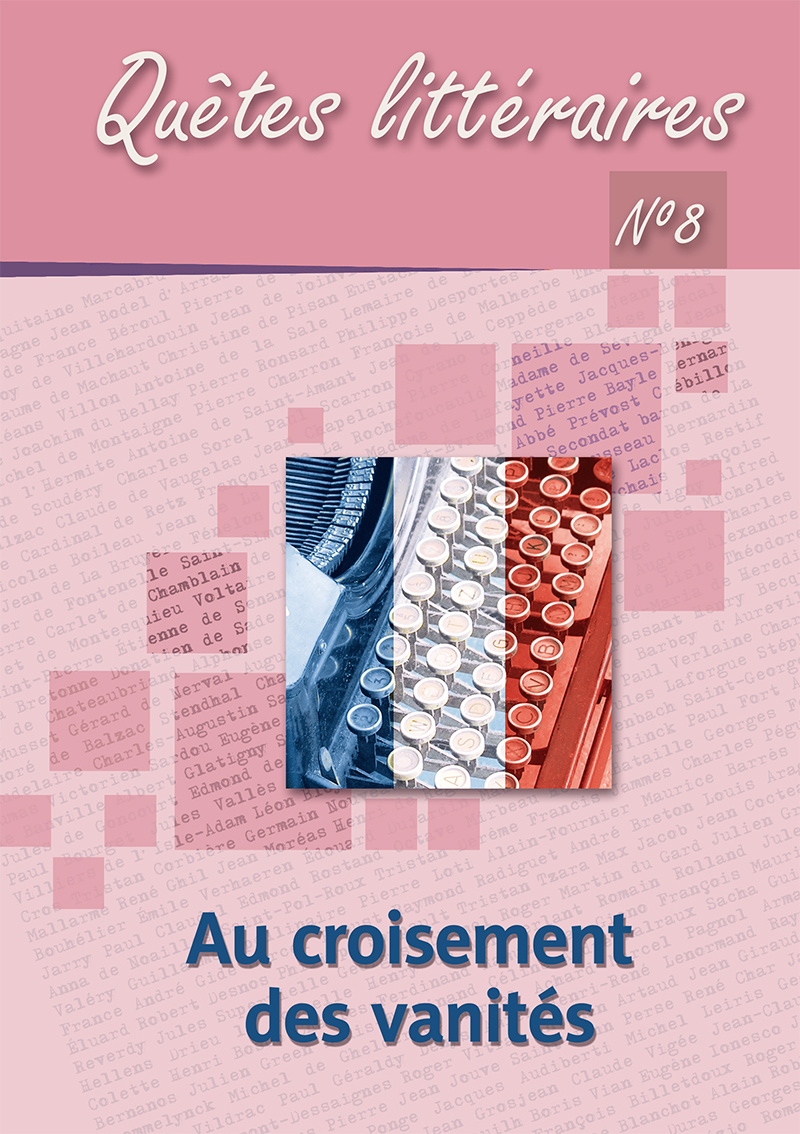Mallarmé et les paradoxes de la vanité
Mallarmé and the paradoxes of vanity
Author(s): Anna Opiela-MrozikSubject(s): Language and Literature Studies, Literary Texts, Studies of Literature, Comparative Study of Literature, French Literature, Theory of Literature
Published by: Katolicki Uniwersytet Lubelski Jana Pawła II, Instytut Filologii Romańskiej & Wydawnictwo Werset
Keywords: Mallarmé; vanity; nothingness; void; death
Summary/Abstract: This article analyses a polysemous term of vanity in Mallarmé’s idea and œuvre. This concept shows paradoxes of Mallarmé’s creation: a misunderstood poet accused of being vain who was torn between the dream of glory and the self-devaluation. It was in the autoreflexive art par excellence, where Mallarmé saw his satisfaction and found the sense of life. After the experience of spiritual crisis and the discovery of worthlessness of language, Mallarmé, finding in the Nothingness the resources of poetry, decided to extend the illusion of literature. “Digging into the line”, he built the poetics of vanity which is a synonym of futility or void where the sense of word is replaced by the language sonority. What is more, while fighting against the poetic impotence, Mallarmé, due to writing about Vanitas, immersed into death to create an “ideal tomb” for his late son.
Journal: Quêtes littéraires
- Issue Year: 2018
- Issue No: 8
- Page Range: 116-128
- Page Count: 13
- Language: French

